
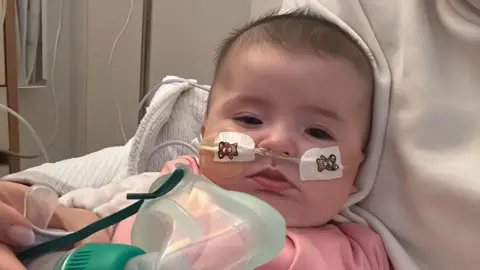 Lisa McHugh
Lisa McHugh
Hallie was in hospital for 10 days and had to be fed through a tube
County Fermanagh-based country music singer Lisa McHugh has told how her baby daughter spent 10 "horrendous" days in hospital after contracting respiratory syncytial virus (RSV).
RSV is a common, but highly infectious, respiratory virus that affects the breathing system, particularly in young children and older adults.
"You feel so helpless, and it's the most horrible feeling for a parent to go through, to not be able to fix what's going on or help," said Ms McHugh.
According to the Public Health Agency in Northern Ireland, there have been more than 1,000 cases of RSV in infants under the age of one since 30 September 2024.
About two thirds of the infants have been hospitalised.
An RSV vaccine has been available to pregnant women in Northern Ireland since last September and is offered from 28 weeks into pregnancy.
'My baby was tube fed'

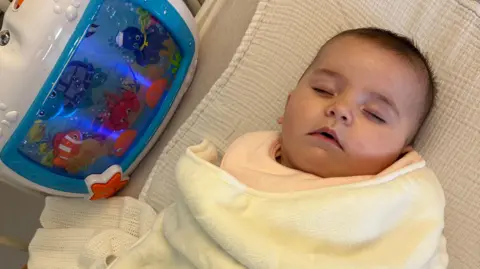 Lisa McHugh
Lisa McHugh
Hallie declined rapidly after contracting the virus, according to her mother
In November 2024, Lisa McHugh's then four-month-old daughter Hallie caught a cold.
Her GP told her to monitor Hallie's symptoms and if the baby was feeding well, was having wet nappies and her temperature was okay, she could manage her at home.
But Hallie's condition deteriorated and she ended up in South West Acute Hospital (SWAH). She was diagnosed with RSV.
Lisa McHugh says RSV was "horrendous"
"From that moment on, it was all a blur and it's still something I don't think I've fully processed," said Ms McHugh.
"She had to be tube fed, and she had to then go on oxygen, because her oxygen levels were declining below the threshold that they needed to be for her to be doing it on her own.
"Within days, she just had really declined. It was absolutely horrendous to see your baby lying there, being so helpless.
"It's horrible because you can't do anything for them, even though you're trying to.
"I just knew that I wanted to be in the best place for her, and being at home wasn't the safest place," she said.
She praised the "incredible" SWAH staff who "couldn't have given her any better care or looked after us any better".
"Hallie was very, very sick with it, but it could have been also a lot worse," she said.

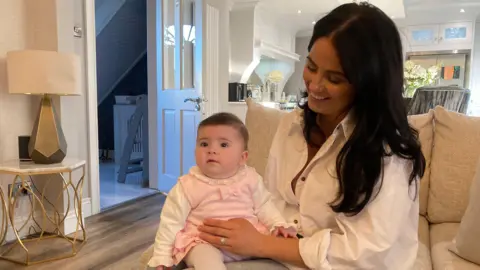
Hallie is now six-months-old and has recovered well from her ordeal
What is RSV?

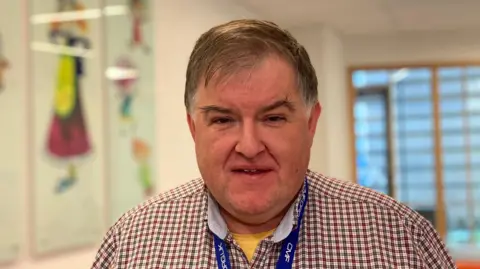
Dr Nicholas Lipscomb said this winter has been particularly bad for RSV
Respiratory syncytial virus, or RSV, is one of the common viruses which cause coughs and colds.
Dr Nicholas Lipscomb, a consultant paediatrician in SWAH, said RSV is a seasonal infection and they see a lot of patients between November and February every year, but this winter has been particularly bad.
He said while most babies and children do not need hospital treatment, the younger the child, the more likely it is for them to need hospitalisation, particularly if they are struggling to breathe and feed.
"For a very young baby, particularly an ex-premature baby, or baby who maybe has an underlying heart issue, it can be very dangerous," he said.
"For the majority of babies, it's just an unpleasant illness. But for those particularly at risk it can be potentially fatal," he said.
Ms McHugh, who is originally from Glasgow, said a vaccine was not available to her before she gave birth.
"Had it been something that was offered to me at the time, knowing what I know now and what we've been through, I would 100% take it myself," she said.
Adults aged from 75-79 years of age are also be offered the vaccine, as they can be vulnerable to the virus.
How to stop RSV spreading

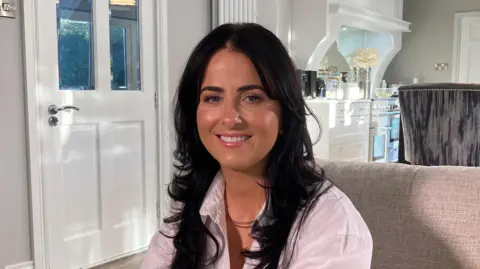
Lisa McHugh is a country singer who is originally from Glasgow but now living in Northern Ireland
Hallie caught RSV again just four weeks after being discharged from hospital.
"Thankfully, we were more prepared this time. We knew what to watch out for. We knew how to treat her. And thankfully, her symptoms weren't as bad ," she said.
The baby was kept in hospital for a day, but got home for Christmas. Now six months old, she is doing well.
"Her immune system is just very, very low, and it probably will be for quite some time, until we build it back up again.
"I'm still being very protective of her, just because I know that she needs it," she said.
She is urging parents to be more aware of RSV and not to be afraid of speaking up to protect your baby.
"If someone wants to come and visit your baby and you want them to wash their hands before they touch them, just ask nicely. Or if you have any sort of cold or sniffle, just leave the visiting until you're feeling 100% better.
"It's your job as their parent."
How to spot RSV
• RSV starts with a blocked or runny nose and can progress to a dry cough, fever and sometimes breathing problems
• For most children, it will be mild and can be treated at home with infant paracetamol or ibuprofen
• Call your GP or seek medical advice if your child is not feeding normally, is breathing fast or has a high temperature that will not go down
• Call 999 if your child is exhausted from trying to breathe - you may see the muscles under their ribs sucking in with each breath or they may be pale and sweaty

 German (DE)
German (DE)  English (US)
English (US)  Spanish (ES)
Spanish (ES)  French (FR)
French (FR)  Hindi (IN)
Hindi (IN)  Italian (IT)
Italian (IT)  Russian (RU)
Russian (RU)  20 hours ago
20 hours ago


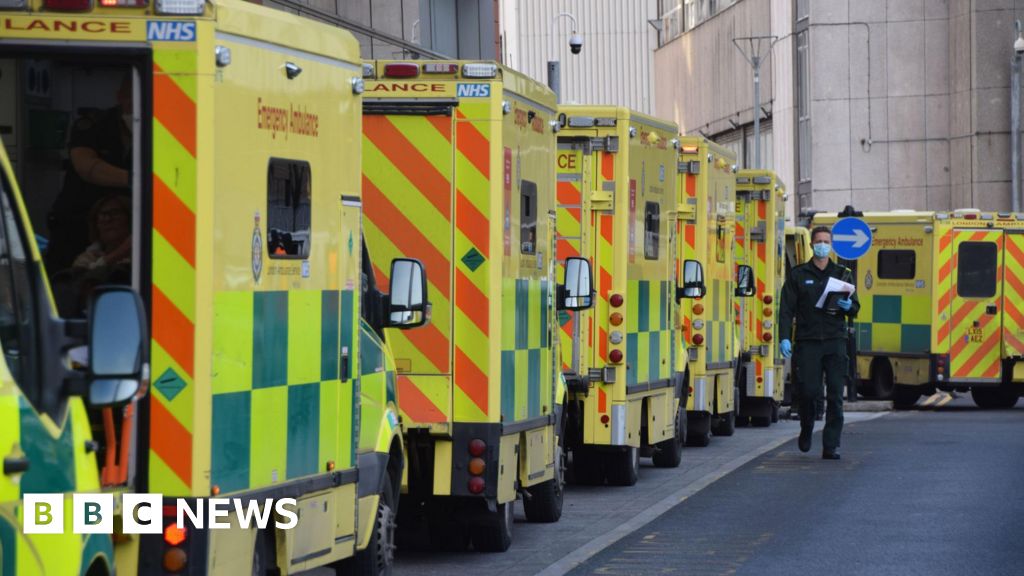
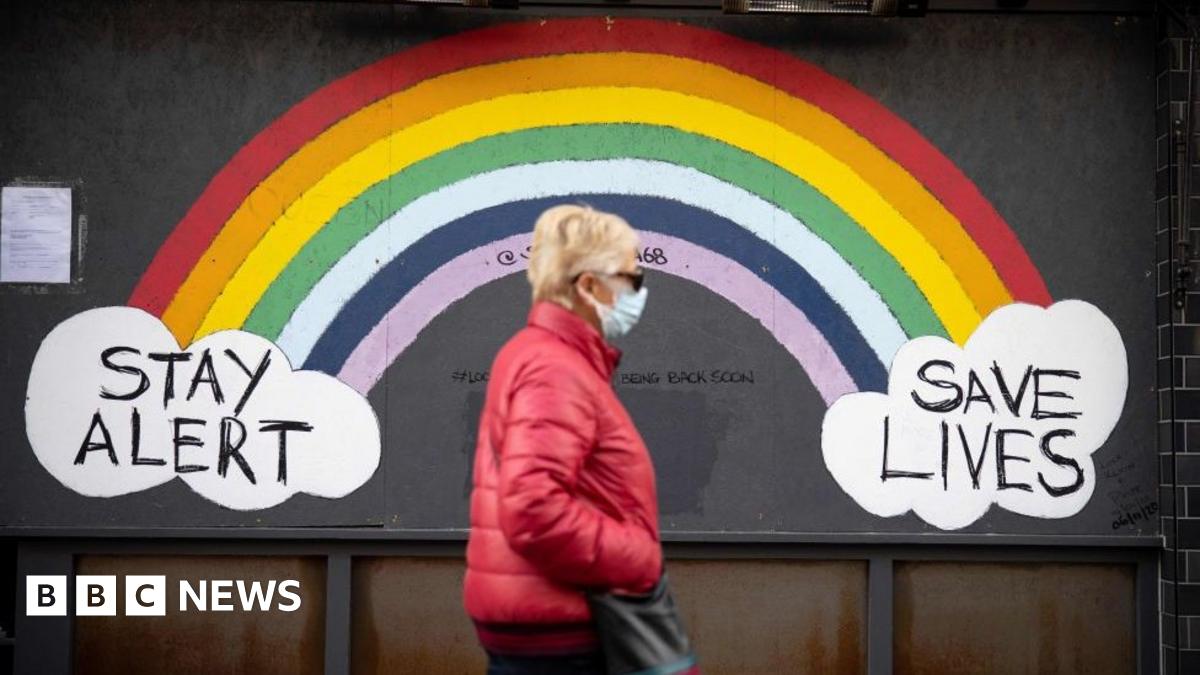
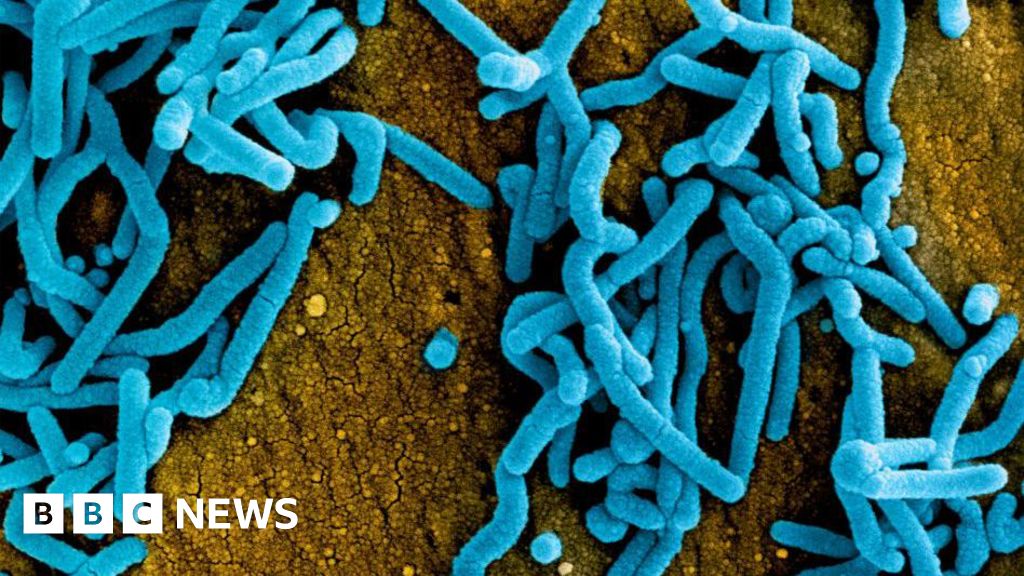
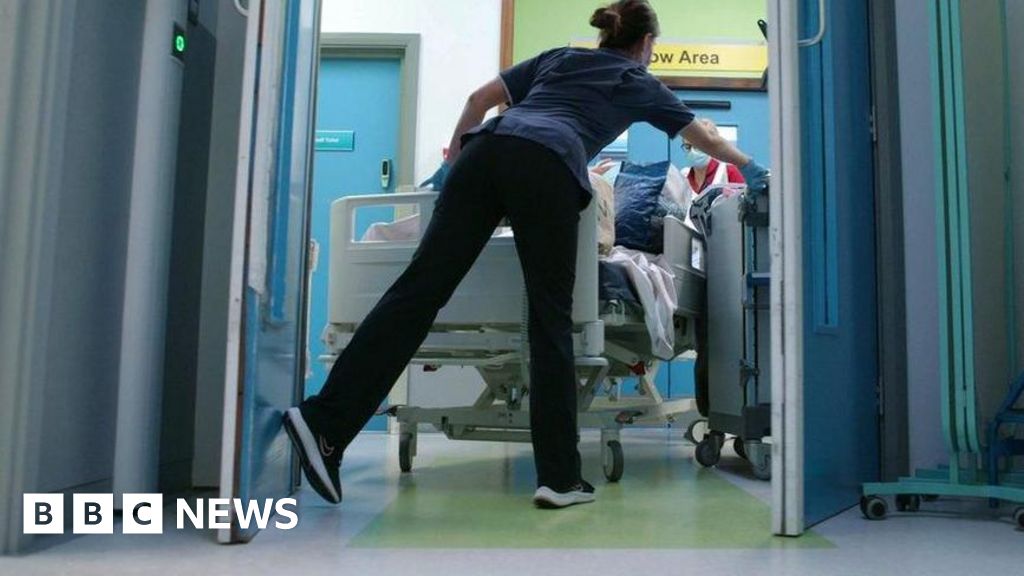
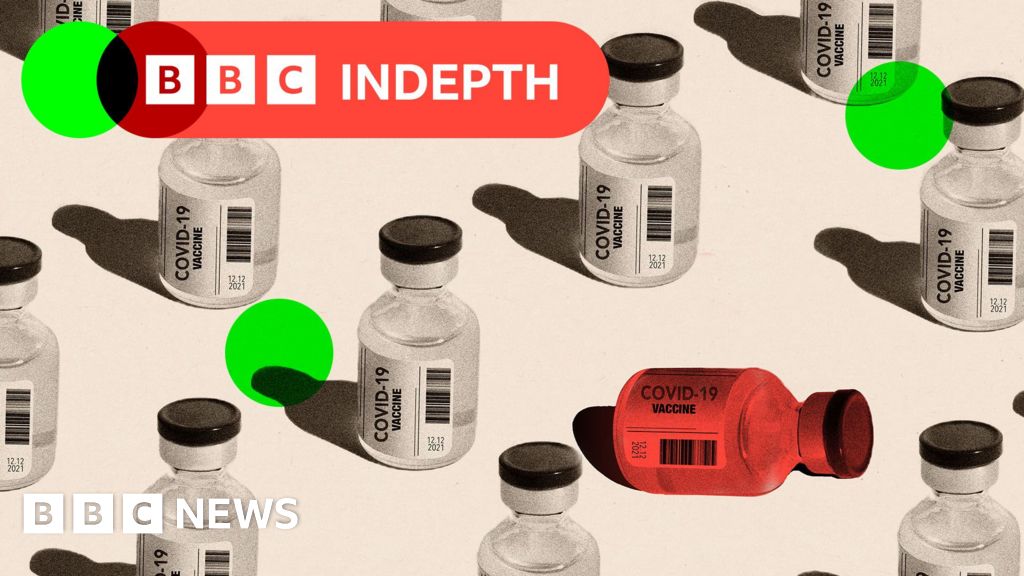
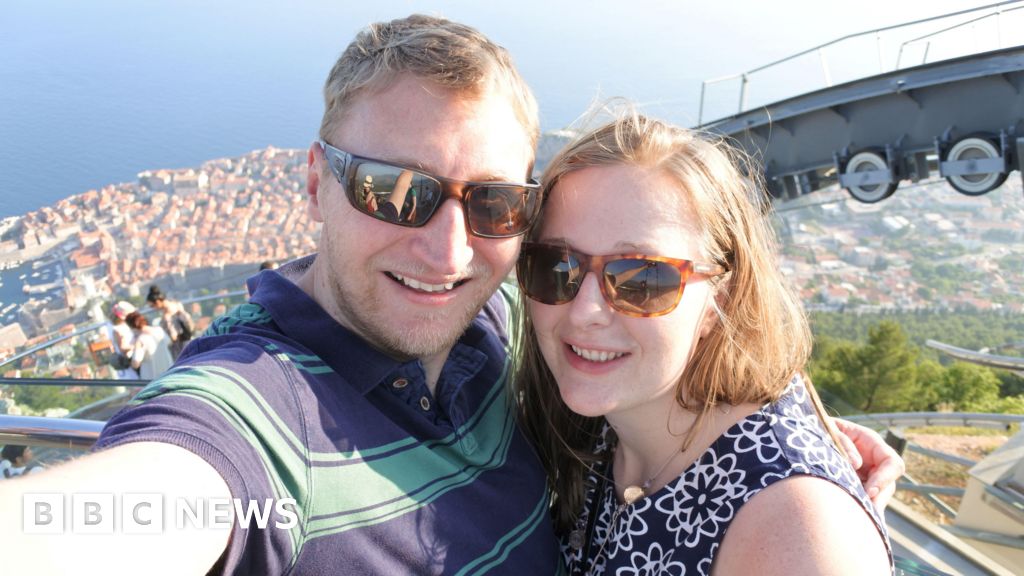
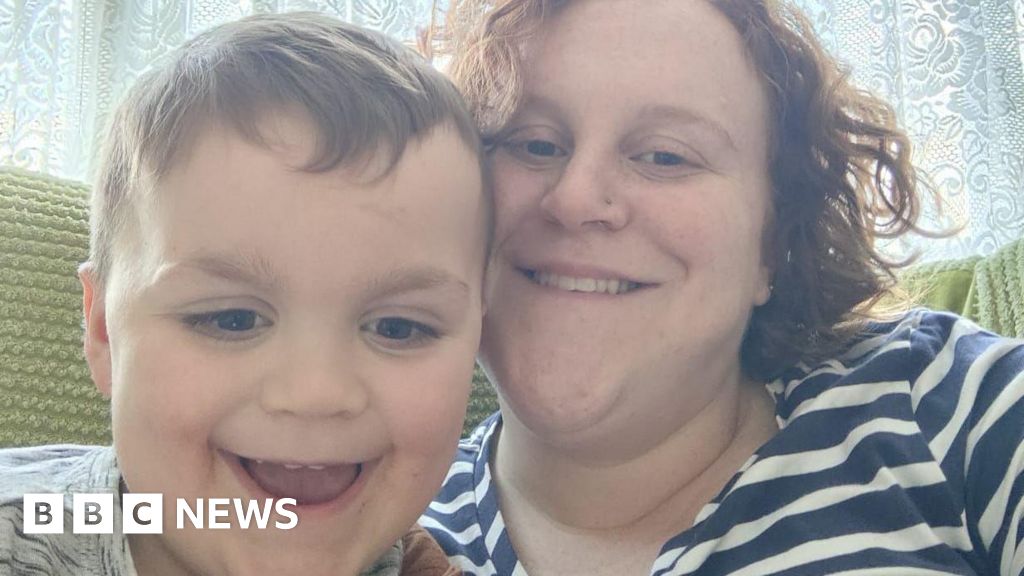
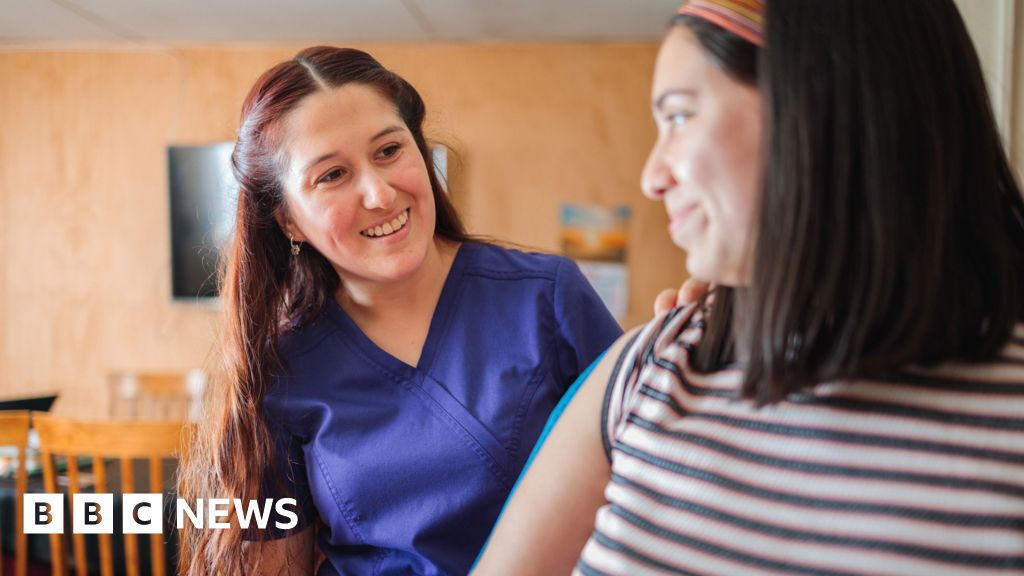
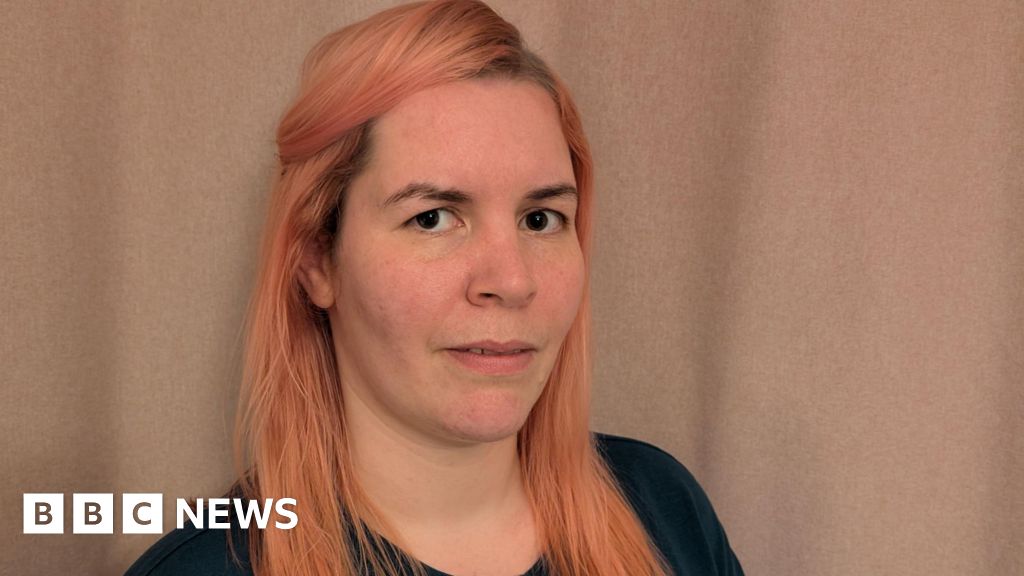
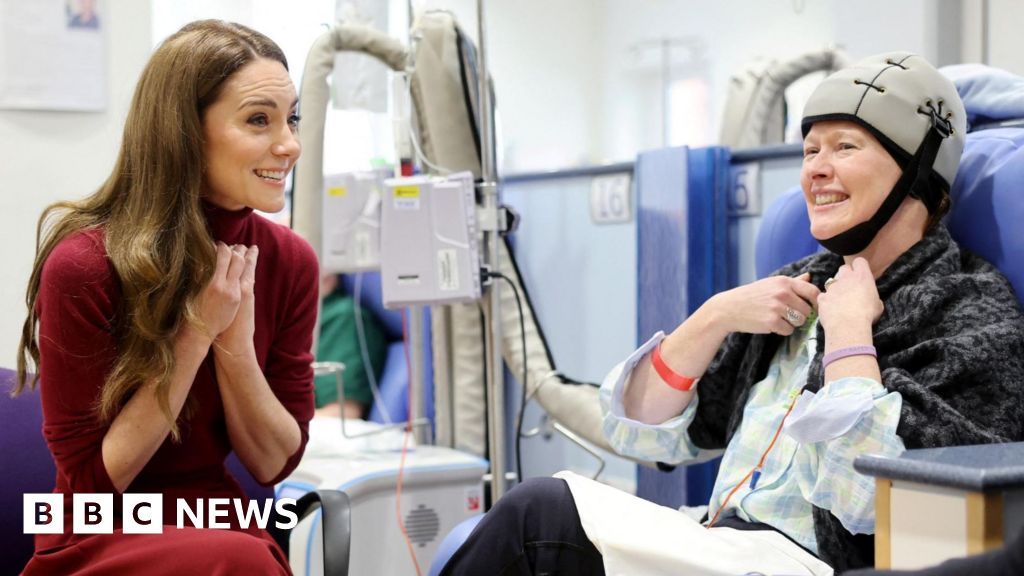












Comments